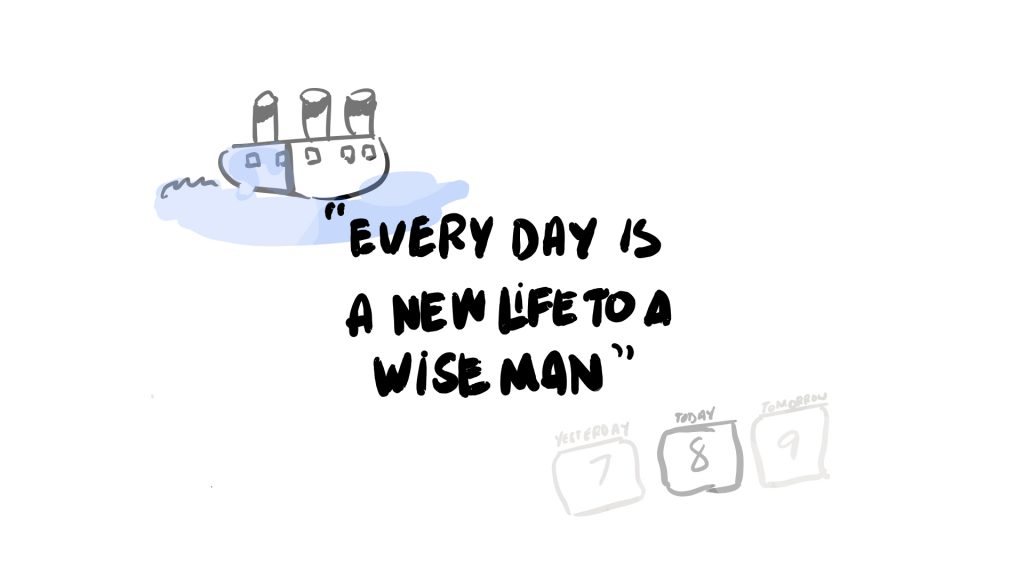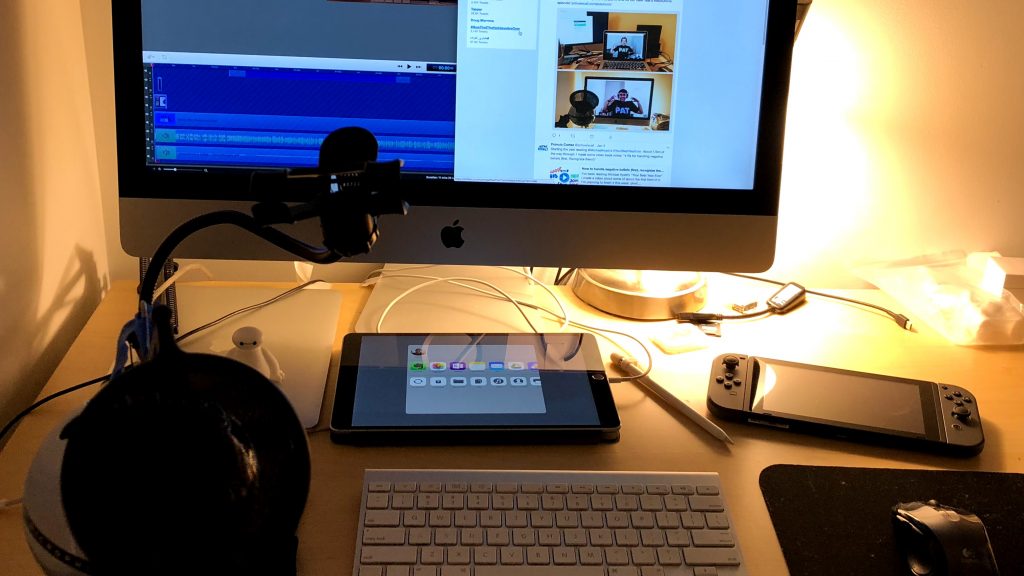I wanted to share some covers I drew for upcoming videos. I’ve been making two or three videos each week. I’m trying to get to where I can make a video in an hour from start to finish. That’s from brainstorming (start) to having a video scheduled for release (finish).
It’s rushed but I think it’s worth trying to get it down to that amount of time. There’s some batching that I can do as well.
I’ve made about 50 videos. It’s a decent sample to get a sense of what works and what doesn’t. The most successful ones aren’t the ones that I spent the most time on. (Those actually haven’t done well at all.)
Most important is subject matter. My most popular videos have been about books. The single video with the most views was about Barking up the Wrong Tree, by Eric Barker.
It makes sense. People are searching for videos about new books. I saw a similar success with videos about the Power of Moments.
One video that’s promising is one I made early on about Tim Ferriss and Chase Jarvis. It was notes about one of their podcasts together. I focused on one idea from an interview that was over an hour.
It focused on the question “What might this look like if it were easy?” and looking at things to decide how to make it sustainable and consistent.
That question has been something I return to when making these videos. At the time, I was thinking more about how to make a podcast easy. I wouldn’t be as consistent if I knew every video would take 4 hours to make.
Finishing things replenishes your motivation. When I was trying to write longer posts last year, I noticed I wasn’t as present through my normal day. I’d think about that long post and how different parts fit together.
I like videos because there’s a nice hard end to making a video. It’s harder to fix some small mistakes which makes it a little more forgiving as a platform. I don’t worry about fixing those small mistakes. Where with writing I can worry about those small mistakes because I do have the opportunity to fix them.
Oh yeah I was supposed to talk about the covers. I’ve been thinking about what to spend time on with the videos. Would be better to spend 4 hours making 4 videos or 4 hours making 1 video? I talked about this on the podcast and I think that at this point I should just be making as many as possible.
The cover images are worth spending a more time on because they’re a big part of branding and the first impression that others might have of anything I make.
Important to me: They’re fun to make. They’re fun to draw and I don’t have to worry about how it might fit in with the other slides.
I might start doing these before making videos just to have ideas for titles.
I’ll try to share more about the process of making these videos.
I’ve got a long way to go and they aren’t exactly models to follow.
Eventually I’m aiming to get the quality up with practice. It’d be nice if I could make a system people might learn from. In that case, it’ll at least be interesting to you have these early looks at how I made videos.
I’ll have some good “What not to do” insight and that can be really valuable, too.





